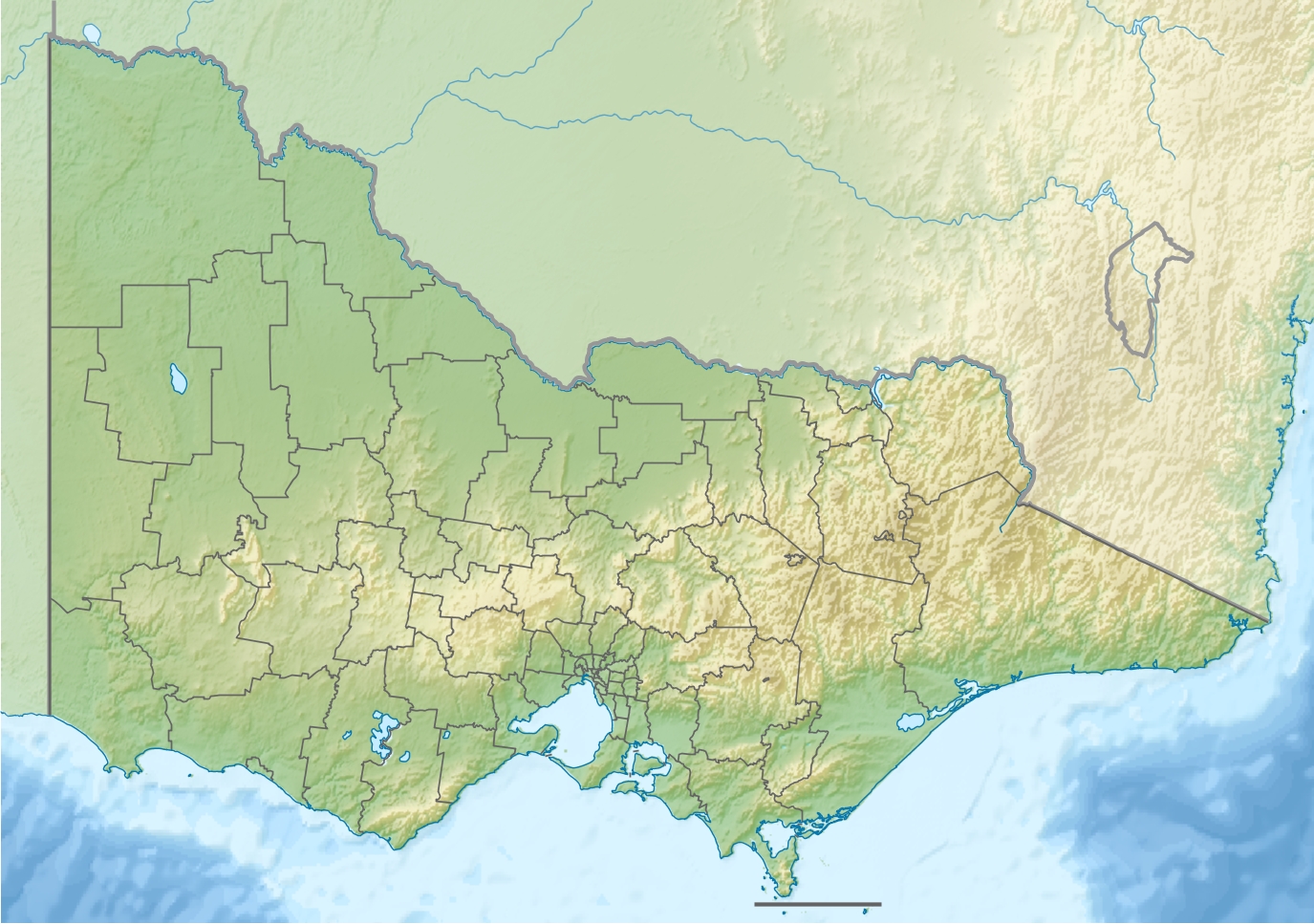Hi M,
"The Man Who Mistook His Wife For His Hat" (1985) is interesting
in video (below) and story by neurologist and creative researcher Oliver Sacks ... and opens up the language and culture of psychology,
psychiatry and even brain studies for me in new ways ...
Saw this
English piano-playing savant along somehow related brain-studies' lines
earlier today ... Derek Paravicini ...
Derek Paravicini
https://www.youtube.com/watch?
I think the example here of Derek is fascinating re thinking about the brain as computer ... and British savant Derek Paravicini is also wonderful and warm as a person and pianist, and all vis-a-vis -
http://worlduniversity.wikia.
http://worlduniversity.wikia.
http://worlduniversity.wikia.
I think the example here of Derek is fascinating re thinking about the brain as computer ... and British savant Derek Paravicini is also wonderful and warm as a person and pianist, and all vis-a-vis -
http://worlduniversity.wikia.
http://worlduniversity.wikia.
http://worlduniversity.wikia.
Derek above is a great model also of sociality in
my thinking, and very English, (less so Italian re his last name), and his sociality
and warmth are also examples for me to aspire to - but/and is specific to his British-ness too) ...
Ah the language and culture of psychology is opening ... and possibly liberating ...
Watch "The Man Who Mistook His Wife For His Hat" - and re your own brain questions, as well as vis-a-vis beginning to conceive of understanding what's happening in Derek's brain +
*
Here's the "The Man Who Mistook His Wife For His Hat" in video ...
Focusing one's brain (and re Derek Paravicini too - whose brain focuses in very specific ways, and doesn't in other ways at all) ... raises questions of agency (action or intentional causation for me).
In what ways could neural nets, placed on the head like a hat, be used to make a complete "read" of Derek's brain for, for example, what circuits do what musically and counting-wise, since he can't hold up the number of fingers he's asked to (after some decades)? Derek's brain differentiates music and counting and friendliness and connection with his piano tutor, nearly lifelong, in unique ways that provide a basis for understanding brain processes in human behavior.
Curious too where Reed College students would go with understanding and studying brain questions re Derek, in the context of a course on the brain.
Curious too where Reed College students would go with understanding and studying brain questions re Derek, in the context of a course on the brain.
Just trying to express some of this in language, and wondering how WUaS's students around the world could eventually study related questions for the comfort of their homes?
How to get further into benefits of the freedom of talking engaging psychology and psychological language?
How to get further into benefits of the freedom of talking engaging psychology and psychological language?
scottmacleod.com
worlduniversityandschool.org
*
And re Stanford Prof Alia Crum and MIT Prof Ed Boyden's research ...
Sandhill crane: Great talk this morning by Dr. Alia Crum at Stanford Medicine's Grand Rounds
http://scott-macleod.blogspot.com/2016/11/sandhill-crane-great-talk-this-morning.htmlKoala bear: I found Stanford Professor Alia Crum's
http://scott-macleod.blogspot.com/2016/11/koala-bear-i-found-stanford-professor.htmlJaldapara National Park: How to set mind on eliciting
http://scott-macleod.blogspot.com/2016/11/jaldapara-national-park-how-to-set-mind.html... and MIT Prof Ed Boyden's research (see, for example)...
Yellow-winged darter: Very small nano and neuronal DIAPERS for brain research at the Google Street View level
http://scott-macleod.blogspot.com/2016/06/yellow-winged-darter-very-small-nano.html*
One interesting thing about Derek Paravicini https://www.youtube.com/watch?
1) he seems very very happy, in the views of his life we see.
(In a way this is a model for a quality, or code even, of loving bliss for me).
Another
fascinating thing is
2) his connection with his social tutor / teacher who
seems
to have been working with him since around age 5 or so. Derek has
wonderful uniquely British social support - and this sociality and
happiness are models for me in thinking about practicing.
These are part of the codes of his brain, complementing the piano playing.
How to
incorporate this sociality, and happiness too, into online piano
learning?
*
...






No comments:
Post a Comment